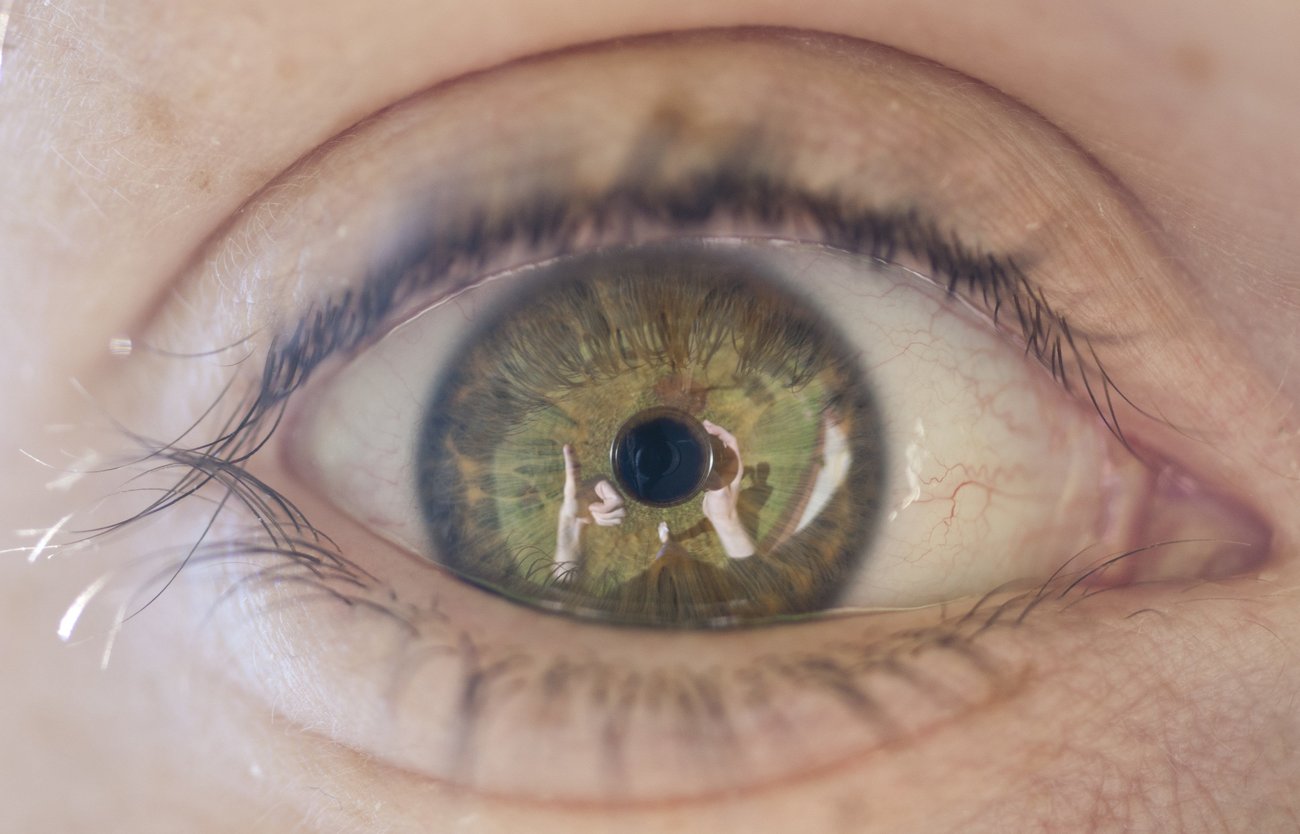
It’s something we’ve all done, whether we’d like to admit it or not: hours upon hours sitting in front of a computer or TV screen or tablet, binge-watching Game of Thrones or powering through a truly epic Call of Duty session. And after such a media marathon, your eyes probably hurt. Guess what? That’s not good.
New Zealanders’ increasing dependence on electronic devices for gaming, lifestyle and work could be causing eye strain and long-term retinal damage to their eyes, according to a new nationwide survey of optometrists. The survey found almost nine out of every ten optometrists (87 percent to be exact) said they are concerned about the number of people they were treating for eye damage, with some patients as young as five years old, because of heavy digital device usage.

The Eyezen study also showed that 80 percent of optometrists believed those patients most affected were aged between 30 and 40. One in five (19 percent) said that, in their experience, teenagers were also in the highest risk group.
The research also found the most frequent symptom of excessive digital device use was dry eyes, with almost four out of five (77 percent) of optometrists saying patients were coming to them complaining of dry eyes more frequently. Seventy-two percent of optometrists said eyestrain was a problem, while 52 percent said headaches were as well. Other common symptoms revealed in the research were stinging/tired or itching eyes, discomfort caused by the glare of the screen, and a progressive difficulty in looking at a device.

Optometrist Bruce Nicholls says strained vision, headaches and sleep deprivation are all linked to the high energy blue light emitted by flat screens, and the cumulative effect of regularly switching between multiple devices. He says many of us are looking at our phone screens up to 150 times a day, along with additional exposure to laptops, tablets and PCs and more. “What we are seeing now is that concentrated numbers of hours spent in intensive screen time while gaming and even long work days are causing noticeable symptoms in device users,” he explains. “Essentially over-exposure to that blue light – which occurs on the light spectrum next to harmful invisible ultraviolet light could cause significant, long term damage.”
Nicholls says that also of concern is recent research which shows 90 percent of technology users are working across multiple screens for everyday activities. This increases their risk of harm from blue light, he says. “According to one study, 75 percent of people who use two or more devices simultaneously report experiencing symptoms of digital eye strain compared to only 53 percent of people who use just one device at a time,” he says. “There are strong suspicions that high energy blue light could cause damage to the macula, which could cause loss of central vision over a lifetime of use. That is what is now being researched globally.”

Bruce Nicholls.
But all is not lost, Nicholls says. A “better safe than sorry” approach to using devices – especially in people under 40 – could help. The easiest solution, he says, is limiting exposure time and taking regular breaks. “What we are saying to younger people who will potentially spend a huge proportion of their working life in front of blue-light emitting screens is that that could well be a problem for you. It’s a cumulative problem,” he says.
Multiple studies and articles have also highlighted the effect blue light has on the human body clock, Nicholls explains. Too much digital device usage – especially right before bedtime, can cause sleep deprivation, which can lead to a host of ailments including cancer, diabetes, heart disease, and obesity.
Nicholls also says tech companies like Apple have reacted to the flood of information about blue light by introducing technology that allegedly reduces the amount of blue light emitted by its smartphones and tablets. And at his own Auckland-based practice, Nicholls prescribes blue-light blocking lenses. “I usually prescribe it for people who have visual fatigue from prolonged screen use and it does make quite a bit of difference de-stressing their focus system – which is what it is designed to do,” he explains. “The pretext is that if you stop blue light from entering the eye then potentially you stop its damaging effects.”
We see his point.




